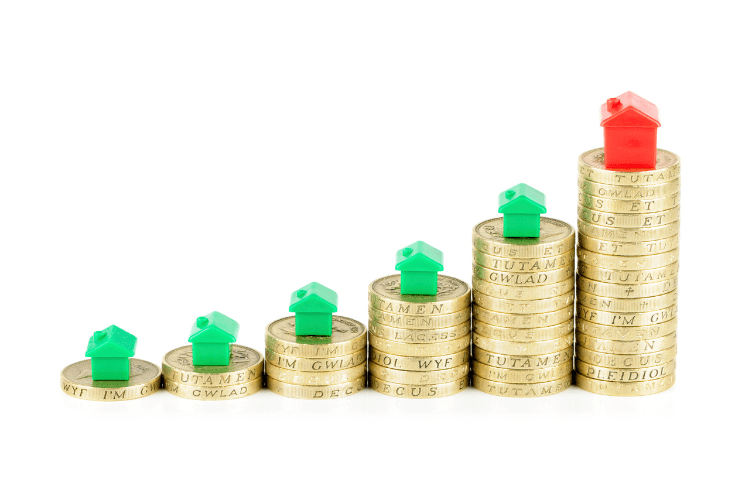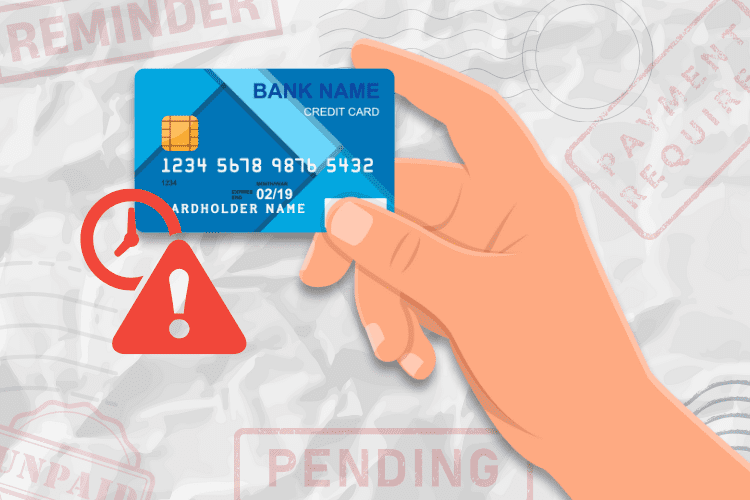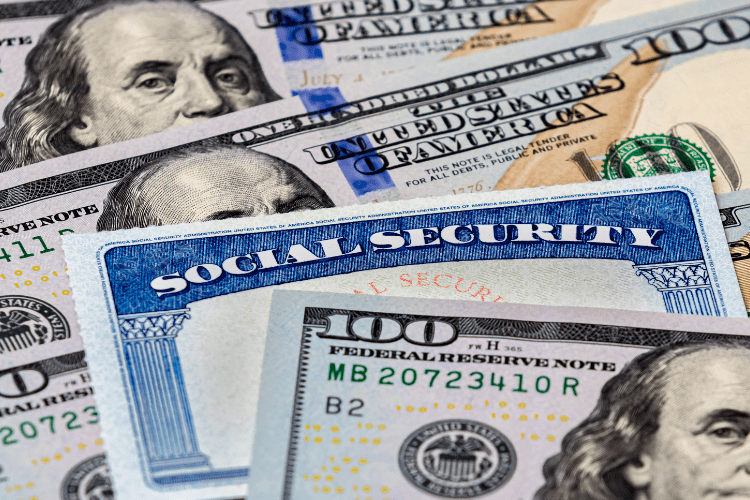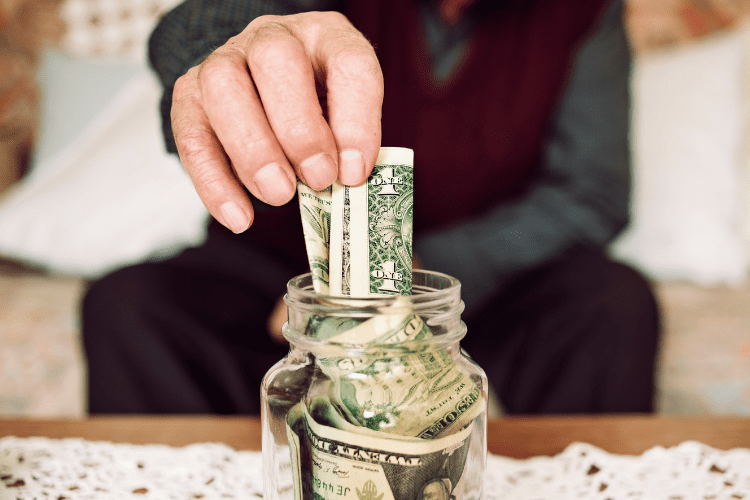Why The Federal Reserve is Raising Interest Rates and What It Means For Your Wallet

2022 has had its challenges, especially in terms of the economy. Factors including, but not limited to, the lingering effects of COVID, the war in Ukraine, and severe global supply chain issues have caused the highest level of inflation in nearly 40 years. According to the U.S. Inflation Calculator, inflation has reached about 8.3% (yikes!)
The U.S. Federal Reserve is the government body responsible for curbing inflation. So, in order to reduce inflation, they’ve implemented a series of interest rate increases this year. The result? Rising interest rates for mortgages, auto loans, credit card debt, and all other forms of borrowing money have become very expensive for consumers. Let’s talk about why this is happening and what it means for your wallet.
How Do Federal Interest Rate Hikes Affect Personal Finances?
According to CNN, the Federal Reserve “made history” on Wednesday, September 21st, 2022 when they approved the third consecutive 75-basis-point hike in a bold move to quickly tackle rampant inflation. This means the federal interest rate increased by 0.75%. This was one of the boldest moves by the Federal Reserve since the 1980s!
How does this affect your life and money? Let me explain.
Historically, when the Federal Reserve raises interest rates, it makes the cost of borrowing money to purchase a home, a car, or carry credit card debt more expensive. In fact, U.S. mortgage rates currently hover at a rate of roughly 7% – this is an astounding and unprecedented amount.
The idea behind this? To hinder consumer ability and discourage borrowing money. When people borrow less, demand goes down, and thus so will prices and interest rates.
While this can cause economic pain for those who currently hold a lot of debt, it’s one of the most effective ways to reduce inflation (and at this point, we’re desperate to do so!)
Are Federal Interest Rate Hikes Helpful?
To make this explanation simple, here are some pros and cons of federal interest rate hikes:
Pros:
- Curbs consumer borrowing, thus decreasing demand.
- Boosts high yield savings account interest rates – while interest on debt increases so does the interest rate on your savings (which is a positive!). The average APY is currently about 2%, and it continues to rise across the board.
Cons:
- Increases the cost of borrowing money.
- Can raise prices for goods and services further before correcting prices.
- Decreases the value of the dollar.
- Can increase a consumer’s debt.
While increasing federal interest rates seems to have more negative effects in the short term, it ultimately has long-term positive effects. At the end of the day, these rate hikes are necessary to ensure that prices come down later (as demand decreases) and that the cost of everything becomes more affordable again.
The Bottom Line
History has shown that the economy goes through highs and lows, which are usually caused by world events and trends. Dealing with inflation right now is well, simply inevitable. My take? If possible, quickly pay down high-interest debt now. As the Federal Reserve continues to raise interest rates, so will the interest rates on your debt. It’s important to formulate a financial plan for yourself which includes reducing your debt while simultaneously saving money and investing, too.
Read More: Biden’s Inflation Reduction Act and New Electric Car Tax Credits: Here’s What You Need to Know










